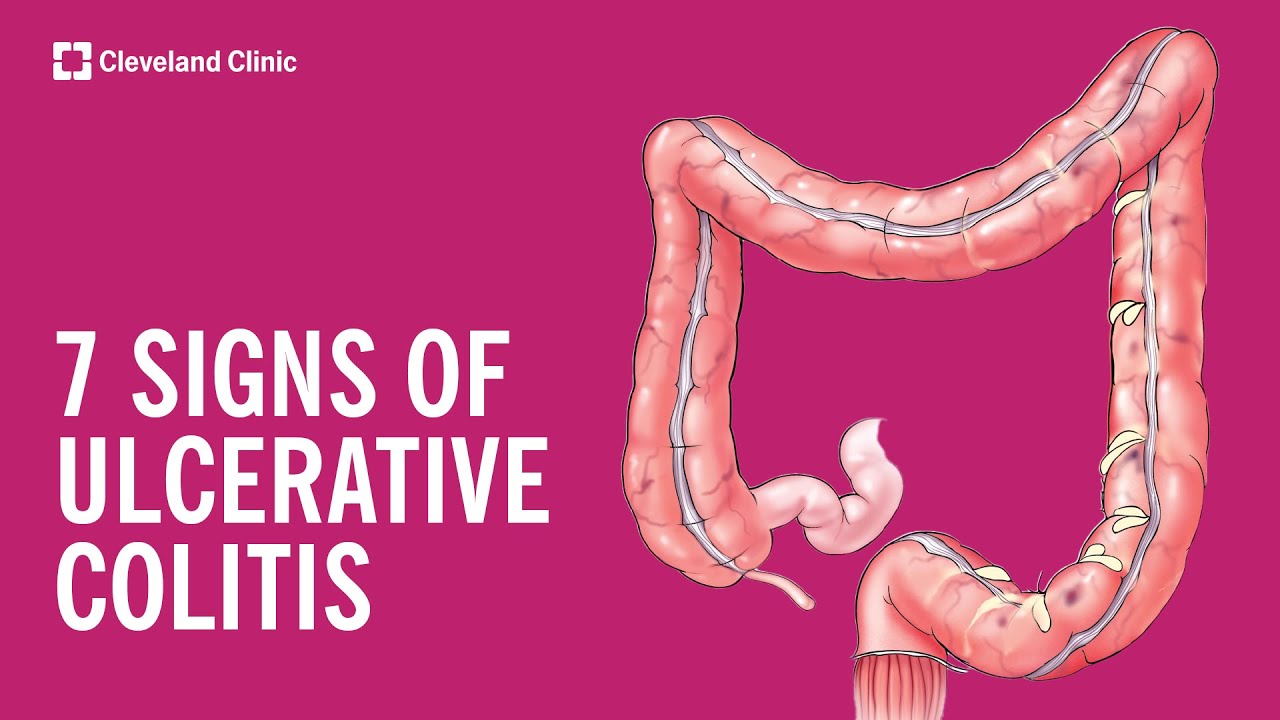The Gastroenterology Channel
NEW YORK (Reuters Health) – Adding the anti-VEGF monoclonal antibody bevacizumab to FOLFOX chemotherapy does not improve outcomes in patients with stage II-III colon cancer, according to a five-year update of the National Surgical Adjuvant Breast and Bowel Project (NSABP) C-08 trial.
“Contrary to our hope that bevacizumab would be beneficial in the colon adjuvant setting as it is in the metastatic setting, we did not find this to be the case,” first author Dr. Carmen J. Allegra from the University of Florida in Gainesville told Reuters Health by email.
The results of the study, published online December 10 in the Journal of Clinical Oncology, are based on 2,673 patients with stage II-III colon adenocarcinoma who received six months of treatment with leucovorin, fluorouracil and oxaliplatin (mFOLFOX6 regimen) with or without bevacizumab for a year.
The analysis reported now in JCO uses data collected by June 30, 2011, by which time 743 disease-free survival (DFS) and 442 overall survival (OS) events had occurred.
With a median follow up of five years, the addition of bevacizumab to mFOLFOX6 did not result in an overall significant increase in DFS (hazard ratio 0.93; p=0.35). The point estimates for three-year DFS were 77.9% and 75.1% with and without bevacizumab, respectively. The effect of bevacizumab did not vary by stage (interaction p=0.60).
Consistent with three-year follow up data from the study (reported by Reuters Health in 2010), the five-year follow-up data continue to show a highly significant time-by-treatment interaction with DFS, such that the effect of bevacizumab was strongly favorable before a 15-month landmark (HR 0.61) but detrimental subsequently (HR 1.19), “resulting in no positive effect overall,” they report.
The secondary end point of overall survival was no different between the two study arms for all patients (HR 0.95; p=0.56) or for those with stage III disease (HR 1.0; p=0.99).
“Our study shows that bevacizumab should not be used for patients with colon cancer being treated in the adjuvant setting when used for a one year period (six months with FOLFOX and six months as a single agent),” Dr. Allegra said. “Since bevacizumab is not approved by the FDA for use in the colon adjuvant setting, our study does not change this practice.”
In their paper, Dr. Allegra and colleagues say, “The failure of bevacizumab to enhance the outcomes associated with FOLFOX chemotherapy calls into question our traditional paradigm of adjuvant colon drug development, namely, to consider agents for testing in the adjuvant setting only after they are found to be beneficial in the treatment of patients with advanced disease….We should not assume that therapy associated with benefit in the metastatic setting will necessarily translate into benefit in the adjuvant setting.”
SOURCE: Bevacizumab in Stage II-III Colon Cancer: 5-Year Update of the National Surgical Adjuvant Breast and Bowel Project C-08 Trial







